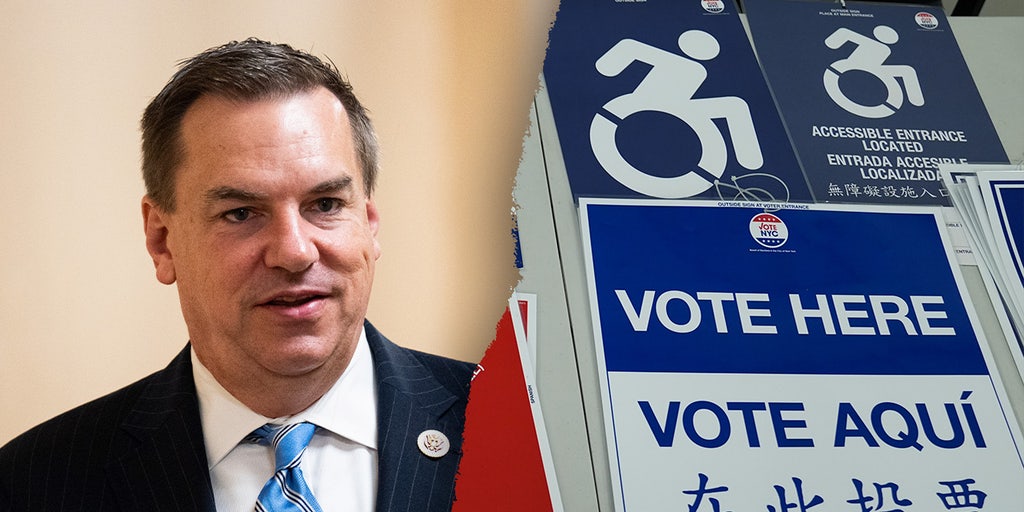Strategic Shift: GOP's Election Chief Unveils Targeted Voter Demographic Playbook for 2026 Midterms

In a bold statement highlighting the Republican Party's electoral momentum, NRCC Chairman Richard Hudson praised President Donald Trump's pivotal role in driving GOP victories. Hudson confidently asserted that the political influence of the former president will continue to propel Republican success in upcoming elections.
Speaking with enthusiasm, Hudson emphasized Trump's unique ability to energize the Republican base and mobilize voters across key battleground states. He credited Trump's dynamic campaign strategies and unwavering support from grassroots supporters as critical factors in recent electoral triumphs.
The NRCC chairman's remarks underscore the ongoing significance of Trump's political brand within the Republican Party, suggesting that his endorsement and campaign style remain powerful tools for electoral success. Hudson's prediction signals a continued alignment between Trump's political movement and the broader Republican electoral strategy.

